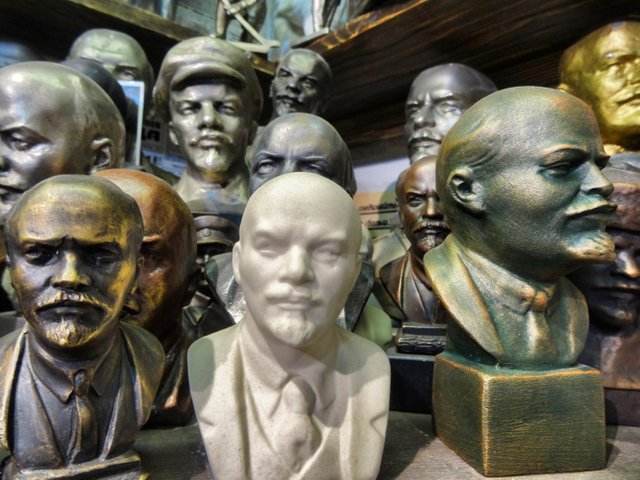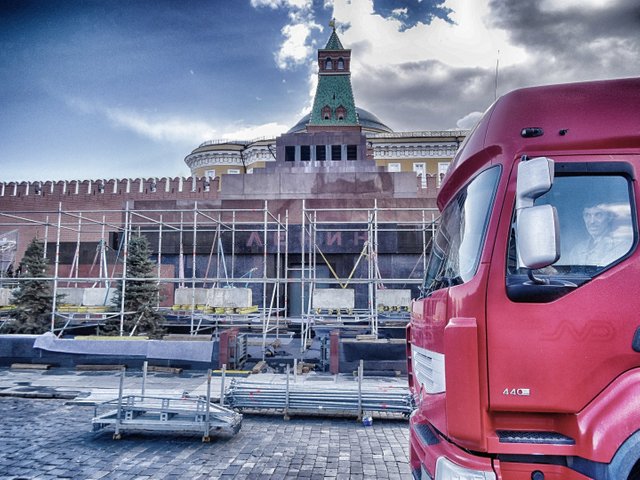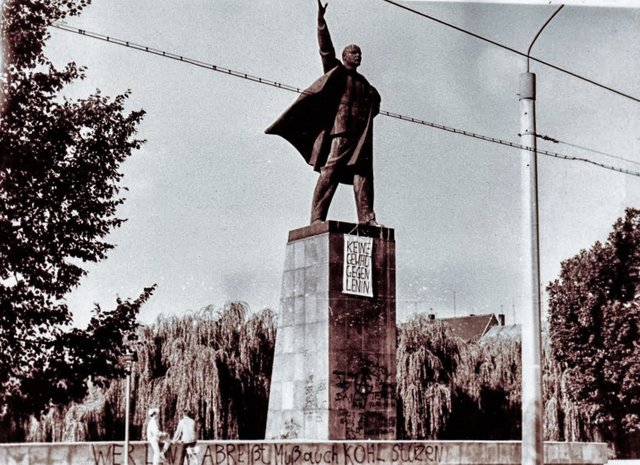Lenin: Happy birthday, misleader of the revolution

They praise him further and further.
Wolfgang Ruge has experienced first-hand how this works. In 1933 the convinced young communist fled from Germany to the promised land that built up communism. Here he was allowed to study, here he was allowed to help in the fight for the new man that Lenin had proclaimed, the first leader of the Soviet Revolution, who would have celebrated his 150th birthday today. Ruge witnessed at close range how Stalin cold-shouldered his rivals, he was there when the great terror was broken. And he ended up in exile when the dictator had all ethnic Germans in the country thrown into the gulag.
Wolfgang Ruge survived four years of exile and eleven years in the camps. He lost friends and comrades, but not his faith. He remained a communist and was convinced that socialism only had to be done right to prove its superiority. At the same time, however, he, now employed as a historian at the Academy of Sciences of the socialist GDR, pondered whether there might be more to it. In 1991, when this became possible, he wrote "Stalin - dead end in the labyrinth of history".

Moscow, Red Suare: This is where Lenin's body lies until today.
And at home he tries to find out how world communism could have come to this dead end."Lenin, Predecessor of Stalin" (published by Matthes & Seitz, Berlin, 29.90 euros) is the title of the voluminous work that Ruge's son Eugen has compiled on the basis of the notes of his father, who has since passed away. A book that is not only a biography of Lenin, but also an attempt to find out how much truth there is in the countless myths circulating about the leader of the October Revolution.
Perhaps precisely because it is the work of a man who, at the end of his life, finds that he has believed for too long, the reckoning turns out to be cool, but comprehensive. Like peeling onions, Ruge unpeels the last legend of communism from its countless disguises. No, he concludes from countless original sources, which only became accessible after the end of the Soviet Union, as little Stalin was a "little father" to his people, as little Lenin was a modest political theorist. Quite in contrast to his reputation as a pragmatist who was reluctant to resort to violence, are the measures that he himself repeatedly took.
Lenin encouraged the theft of church treasures. He arranged for clergymen to be shot. He watched inactively as hundreds of thousands starved to death. "The peasant must suffer a little hunger," he wrote, "in order to save the cities from starvation." There was no discussion, because discussion was "factionalism", that is treason. What Lenin said was valid - and with it a principle was established that would shape the Soviet Union for the next six decades. Without Lenin's preparatory work, which created the conditions and structures to eliminate fellow combatants as easily as confetti is thrown at party congresses elsewhere, Stalin would not have been conceivable.
A circumstance which occupied Lenin himself so much shortly before his death that he warned his comrades to appoint Stalin as his successor. Too late the warning. It came just in time to give future generations of Communists the opportunity to praise Lenin as the humane, good and peaceful leader under whom Communism would certainly have been a great thing.
Lenin sculpture in Germany.